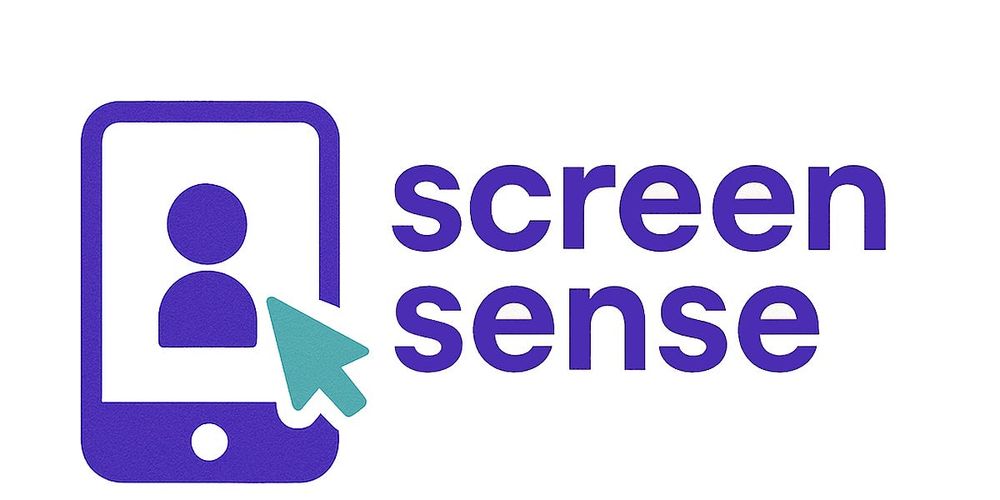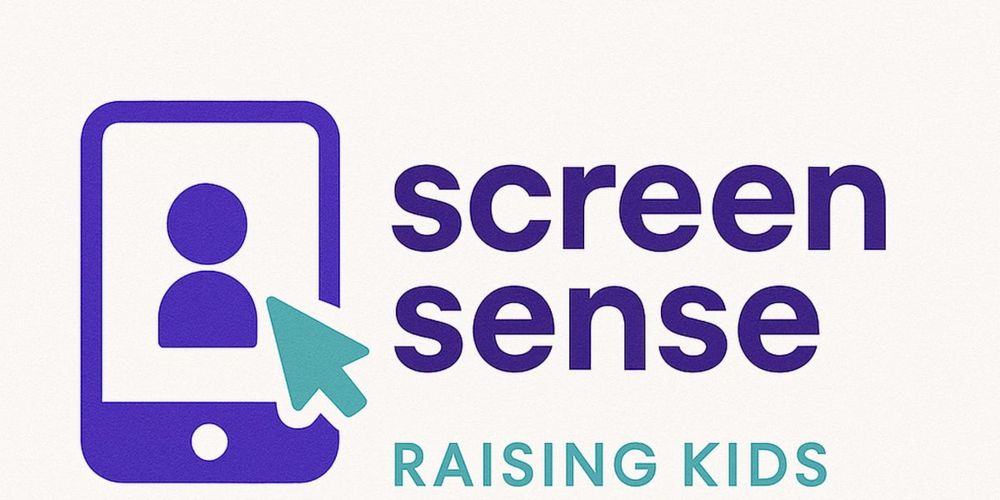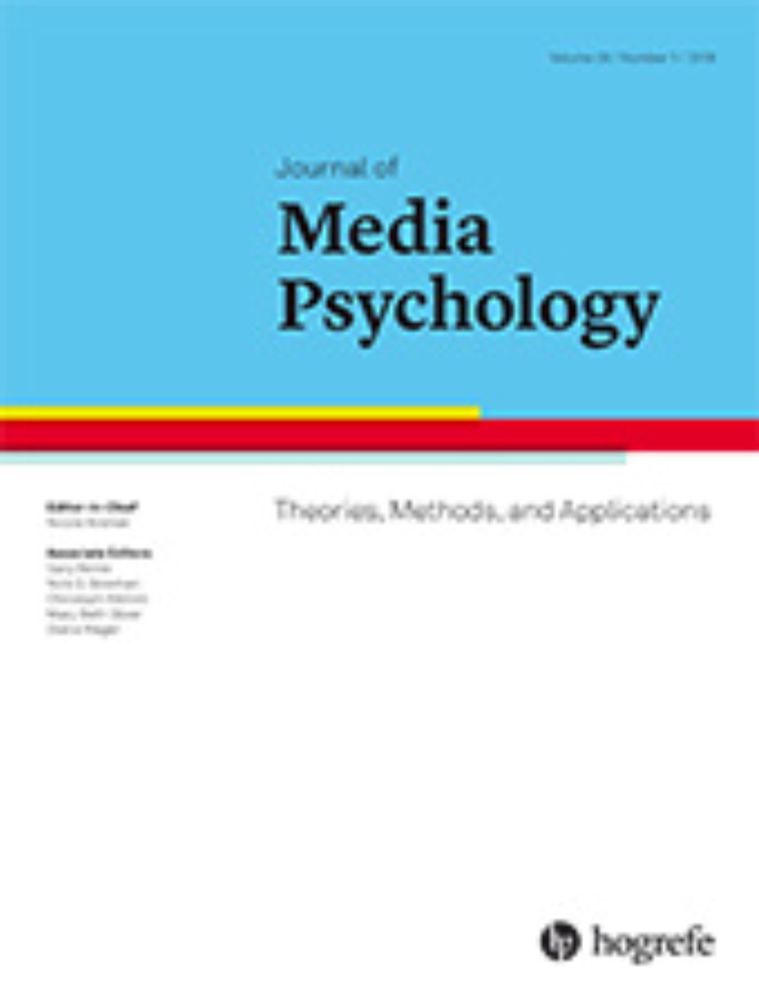bsky.app/profile/cjse...
07.08.2025 19:34 — 👍 1 🔁 0 💬 1 📌 0

From Jeffrey Wooldridge over on Twitter, for those following along. Here’s the link he’s talking about: papers.ssrn.com/sol3/papers....
07.08.2025 19:33 — 👍 2 🔁 0 💬 0 📌 1
Thanks Stephen. I’ll check this out. In the bit of searching I’ve done thus far, I’ve noticed there is a decent amount of content on testing for pre-trends. But I haven’t been able to find much on power for detecting treatment effects. Maybe I’m going at it wrong, though
07.08.2025 19:29 — 👍 3 🔁 0 💬 1 📌 0
Anyone aware of resources (blogs, articles, etc) that estimate/simulate power for DiD with staggered adoption estimators (e.g., Callaway and Sant'Anna)?
Bat signal @stephenjwild.bsky.social
07.08.2025 17:34 — 👍 4 🔁 1 💬 2 📌 1

Episode 7: Screen time myths and misconceptions
Mythconceptions?
When it comes to screens, everyone seems to have an opinion - but how much of what we hear is actually true? Episode 7 of Screen Sense is out now, and we take on some of the most common myths and misconceptions around screen time:
screensensepodcast.substack.com/p/episode-7-...
25.07.2025 09:49 — 👍 11 🔁 6 💬 1 📌 0
Is it a hot take to say: If you have control variables in your analysis, you are doing causal inference, whether you realize it or not
09.07.2025 01:32 — 👍 2 🔁 0 💬 1 📌 0
Happy to share my new study, publ. in Social Science Research 🎉 Bottom line: Yes, adolescents use their phones a lot 🤳 But I find no support for the notion that this use displaces reading, homework, hobbies, physical act., sleep... Instead: Changing media preferences 📺 ->📱. doi.org/10.1016/j.ss...
07.07.2025 10:12 — 👍 45 🔁 16 💬 4 📌 0

Episode 4: Why do we find it so difficult to talk about tech effects?
We often have a very real sense that digital technology can do damage to our wellbeing, and sometimes in ways that feel seriously worrying.
Episode 4 of Screen Sense is out now! This week, we explore why our public conversations about tech often get stuck in fear, and how we might move toward more helpful ways of thinking and talking about screens, wellbeing and family life:
screensensepodcast.substack.com/p/episode-4-...
05.07.2025 08:25 — 👍 7 🔁 4 💬 0 📌 0

Abstract:
Building on the idea that subjective evaluations of social media use (SMU) may shape well-being effects, this study investigated how two “social media mindsets”—agency (perceived control over SMU) and valence (perceived effects of SMU)—relate to self-reported and logged SMU, and four well-being indicators (depression, anxiety, stress, and life satisfaction) in a South African sample of young adults (N = 1,858; M age = 21.01). Agency mindsets were negatively correlated with SMU and positively with well-being, while valence mindsets were associated with higher SMU but not with well-being. Logged SMU showed weaker associations with mindsets and well-being than self-reported SMU, suggesting differences between perceived and actual behavior. The findings replicate, extend, and in some cases contradict prior research, emphasizing how users’ sense of control is more important for well-being than SMU duration or perceptions of its effects, and that more work is needed to understand whether the “mindsets” concept is fruitful.
Lay summary:
This study investigated how young adults’ feelings about social media—whether they feel in control of their use (agency) or view it positively (valence)—relate to their actual use and mental well-being. The study involved 1,858 participants from South Africa using both self-reported and actual logged social media usage data. The results show that people who feel more in control of their social media use tend to use it less and report better mental well-being. In contrast, those who see social media as more positive spend more time on it, but this mindset did not directly relate to well-being. The data collected from logs of actual usage show weaker relations with well-being compared to people’s estimates and to their mindsets. These findings suggest that a person’s sense of control over social media plays a more important role in their mental health than how much time they spend on it.
New in JCMC with @bronwynec.bsky.social: People who feel more in control of their social media use tend to use it less and report better well-being. Seeing social media as positive was associated with more use, but not well-being. 👉 doi.org/10.1093/jcmc...
30.06.2025 07:34 — 👍 24 🔁 6 💬 1 📌 0
Here’s a screenshot of the “addictive use” trajectories from the JAMA paper cited below. My educated guess from the details of the measure is that none of these lines comes close to bona fide “addictive” use
🧵
20.06.2025 12:38 — 👍 32 🔁 18 💬 2 📌 3

Episode 1: Why does (digital) parenting feel so hard?
Listen now | How should we think about parenting in a digital age?
Screen Sense: Parenting in a Digital World, the new podcast from @shuhbillskee.bsky.social and I - first episode is now live. We hope you enjoy it. open.substack.com/pub/screense...
13.06.2025 08:30 — 👍 21 🔁 18 💬 2 📌 3
lol an app for a dishwasher. What’s the world coming to?
09.06.2025 00:39 — 👍 1 🔁 0 💬 0 📌 0
I’m sick and tired of the tyranny of Big Ceramic
09.06.2025 00:02 — 👍 1 🔁 0 💬 0 📌 0
Microplastics!
08.06.2025 23:17 — 👍 1 🔁 0 💬 0 📌 0
I am convinced that we’d experience the heat death of the universe before my plastic plates and cups dry out in the dishwasher
08.06.2025 22:38 — 👍 1 🔁 0 💬 2 📌 0
Not sure if science has advanced this far yet to answer this question, but here goes: Why the hell do my plastic plates/cups NEVER dry out in the dishwasher?
08.06.2025 22:24 — 👍 3 🔁 0 💬 2 📌 0
🎙️Screen Sense - new podcast with me and @shuhbillskee.bsky.social, is launching next week! Two psychologists (and dads) talking honestly about what it means to raise a family in a screen-filled world - with science, real stories and zero guilt. Launching 13th June. screensensepodcast.substack.com
05.06.2025 18:22 — 👍 31 🔁 14 💬 2 📌 0
Ditto
28.05.2025 20:49 — 👍 2 🔁 0 💬 0 📌 0
Hamaker is my hero
28.05.2025 20:45 — 👍 2 🔁 0 💬 1 📌 0
I believe she removed her name from the paper when the consensus statements did not turn out the way she wanted. Hopefully I’m not “spreading misinformation” on that one
27.05.2025 18:43 — 👍 2 🔁 0 💬 0 📌 0
I assume this was the case for many others as well
27.05.2025 18:03 — 👍 1 🔁 0 💬 0 📌 0
I was invited to participate, as were many of the well known so-called “skeptics,” as far as I’m aware. But, like you said, seeing how Haidt/Twenge appeared to be part of the core team and all the claims being evaluated were drawn from Haidt’s book, I decided to drop out b/c I assumed it’d be biased
27.05.2025 18:03 — 👍 2 🔁 0 💬 2 📌 0
Scientists like to blame poorly communicated results on science journalists.
This case shows the double standard:
1. When I exaggerate, it's a joke. When you do, it's 'misinformation'.
2. JvB's own tweets about the project didn't explain the methods, highlighted preliminary vibe check results.
26.05.2025 06:34 — 👍 43 🔁 6 💬 2 📌 0
You’re claiming that was a joke? Come on, Jay
26.05.2025 01:56 — 👍 1 🔁 0 💬 1 📌 0
“a feature of good epistemology is that this kinda thing shouldn’t happen.” What does this mean? Can you provide examples of good epistemologies that are immune to this kind of thing happening to it?
24.05.2025 22:57 — 👍 0 🔁 0 💬 1 📌 0

Durham University philosopher of science Peter Vickers, who studies scientific consensus, agrees. The paper shows strong agreement on weak statements, which is an inevitable outcome of the method the authors used, he says—but the abstract makes bolder claims.
Much of the nuance, meanwhile, is buried in the nearly 200 pages of supplementary material, says Julia Rohrer, an expert on causal inference at the University of Leipzig. “The result here is not responsible science communication,” Rohrer says.
“In retrospect, I think we should have been much more careful,” Capraro says. He and his team will probably revise the paper to make the nuances clearer. “Because obviously if many people were misled, it’s our fault, of course.”
New article by @cathleenogrady.bsky.social on the social media 'consensus' characterises the preprint as a failure of science communication — because many got the impression the consensus was much stronger than it is.
www.science.org/content/arti...
22.05.2025 18:57 — 👍 43 🔁 23 💬 4 📌 4
As someone who is actually on this paper, this critique (and many others) is absolutely spot-on. I can't speak for other authors, but this process has left me with far more questions than answers. The gap between what the data say and how it's being framed publicly is...notable to say the least.
22.05.2025 20:15 — 👍 20 🔁 7 💬 1 📌 0

Is It Time to Abandon the Media Multitasking Index? | Journal of Media Psychology
Amidst all of this, @jacobtfisher.online & I have a new paper in @jmp-hogrefe.bsky.social! We discuss theoretical, methodological, & practical concerns with the media multitasking (MMT) index & lay out an agenda for better research on MMT
📄 doi.org/10.1027/1864...
📝 OA osf.io/preprints/ps...
21.05.2025 15:44 — 👍 16 🔁 8 💬 0 📌 0
Social science and other distractions. Old posts get deleted pretty quick.
https://kieranhealy.org /
https://theordinalsociety.com
Associate Professor at Emory University.
Causal Inference | Difference-in-Differences | Econometrics. Dad x4
METR is a research nonprofit that builds evaluations to empirically test AI systems for capabilities that could threaten catastrophic harm to society.
Sociologist (PhD) 📍Bern🇨🇭
Education, Digital Transformation & Social Stratification
Eurovision fan & puppy parent 🐶
Professor of Statistics, Monash University, Australia. FAA, FASSA. Interested in #forecasting, #rstats, #statistics. he/him http://robjhyndman.com
Data Scientist, #rstats
Might also post pictures of my weirder cat, I guess.
Professor of Marketing at NYU Stern School of Business, serial entrepreneur, and host of the Prof G and Pivot Podcasts.
Statistical consultant and programmer at Harvard IQSS. Author/maintainer of the #Rstats packages 'MatchIt', 'WeightIt', and 'cobalt' for causal inference, among many others | He/him
ngreifer.github.io
Assistant professor at Michigan State University studying attention, cognition, and digital media. 🔗: jacobtfisher.com
A nonprofit dedicated to advancing scientific psychology across disciplinary and geographic borders.
psychologicalscience.org
Jobs: jobs.psychologicalscience.org
Membership: psychologicalscience.org/members
#APSGlobal: APS Global Summit
Epidemiologist + Statistician | Clinical Research Facility - University College Cork | UCC School of Public Health | #ClinicalTrials #Epidemiology #Statistics #RStats #WBE #IDSurveillance
Views mine -> https://statsepi.substack.com/
Clinical psych PhD | ML Engineer in sports analytics| he/him
My newsletter on building cool data stuff: https://buttondown.com/datadash
Personal website: mcmullarkey.github.io
Opinions are my own and don't reflect the opinions of my employer
networks, contagion, causality
faculty at MIT
Psychology professor interested in personality and psychopathology.
Clinical scientist at UNC-CH (anxiety, intensive longitudinal data). President of APCS. Senior Editor for Clinical Psychology at Collabra: Psychology. Occasional music, more about Doctor Who than you might expect. Posts are personal, not work.
Clinical scientist, Assistant Prof at University of Pittsburgh School of Medicine (Dept of Psychiatry), studies youth mental health
Clinical psychology researcher | applied statistics geek | so called #RStats influencer
Husband, dad, veteran, writer, and proud Midwesterner. 19th US Secretary of Transportation and former Mayor of South Bend.
Assoc Prof at U Pitt Dept of Psychiatry. Suicide researcher. Mom to a small human and two cats. Views/opinions expressed are entirely my own.
 07.08.2025 19:41 — 👍 2 🔁 0 💬 0 📌 0
07.08.2025 19:41 — 👍 2 🔁 0 💬 0 📌 0






